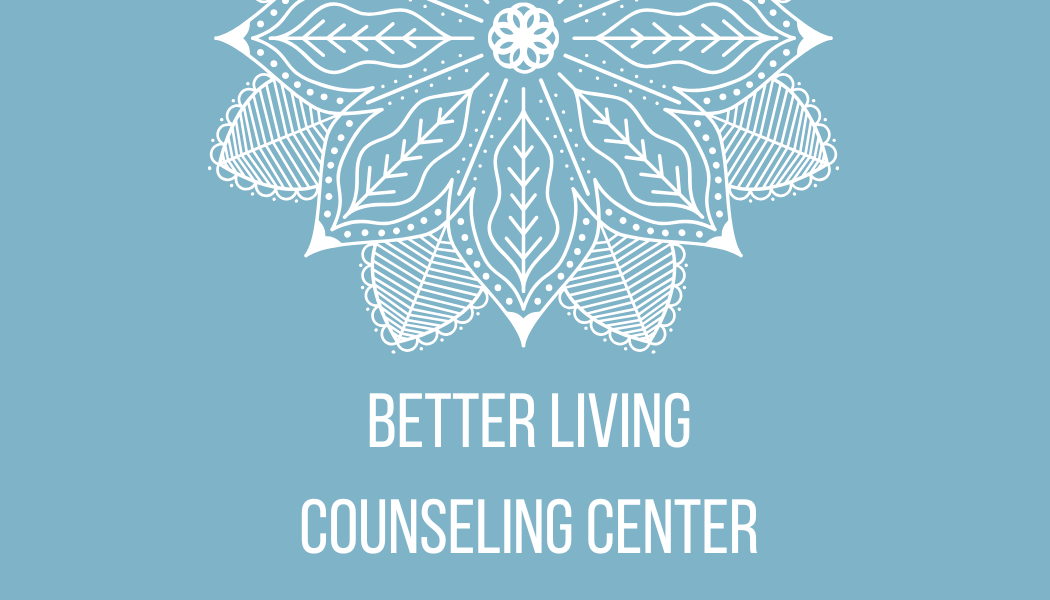It’s Okay to Not Be Okay Mental Health Awareness Month

While we should always be checking in on our loved ones as well as ourselves, May is good reminder that it is okay to not be okay! Mental Health Awareness Month acknowledges the fact that mental health conditions are real, your feelings are valid, and you are not alone. Regardless of gender, age, race, ethnicity or socioeconomic status, mental health conditions can impact anyone. One in every five people are likely to experience anxiety, depression or another mental condition in the past year.
Mental health conditions are treatable and those living with them can live happy and productive lives with proper support. At Better Living Counseling Center, we are committed to increasing access to mental health services as well as spreading awareness to breakdown the stigma of mental health conditions. We believe that with the right care, anyone affected by, or at-risk for, a mental health condition can live a full life.
The language we use when it comes to discussing mental health matters and the more, we talk about, the more we can normalized these conversations become. When we normalize discussions about mental health, it empowers people to seek help when they need it. Mental health is beginning to be talked about in the same way physical health is, which is encouraging people to prioritize it in the same way. This is critical as when we effectively take care of our mental health, our physical and emotional health also improves. Self-care looks differently for each everyone and while exercise, sleep and a balanced diet might work for some, what benefits others may be joining a support group or seeing a mental health professional.
When we begin having these conversations, think about the words that you use as language is powerful and your choice of words can help break down misconceptions or contribute to them. One of the most important and impactful ways to communicate about mental health is to use person-first language to put a person before their diagnosis, disability or other characteristics. Examples would include instead of saying "John is bipolar," say "John is a person with bipolar disorder" or instead of describing someone as "suffering from a mental illness," say "experiencing or living with a mental illness." It is important to use language that promotes inclusivity and respect.
What can you do to take action for Mental Health Awareness Month? This can be as simple as adopting a positive mental health habit such as eating a balanced diet, getting a good night's rest, exercising, or offering support to a friend or family who is struggling. Below are some additional strategies to consider throughout Mental Health Awareness Month:
- Practice gratitude by thinking about what you're thankful for or find something to celebrate such as a recent accomplishment.
- Volunteer by participating in community organizations and finding opportunities to help others, which can provide a positive boost in mood.
- Engage in a random act of kindness such as holding the door open for a stranger as small acts can brighten someone else's day, thus improving our own.
- Practice mindfulness by taking a few minutes to meditate, take a yoga class, or do some breathing exercises to promote relaxation and reduce stress.
- Seek help whether it is for yourself or someone else when needed. Recovery is possible.
These are just a few examples of how you can serve as a lifeline to others this month and beyond. By simply listening, using inclusive language, and providing support, can make a significant -even lifesaving- difference to someone living with mental illness.
